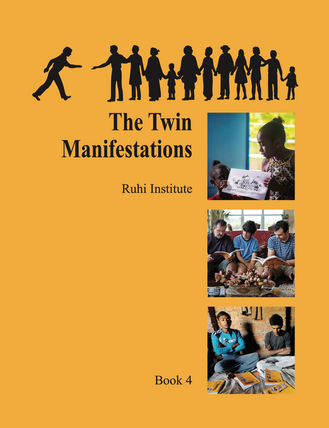Bahá’í Communities of Iran 2
A comprehensive study unveils the untold story of southern Iran’s Bahá’í communities from 1851 to 1921, drawing on manuscript histories, letters, family archives and Persian sources newly translated. Dr Moojan Momen chronicles both large urban centres and remote villages, tracing how early believers forged distinct identities through administrative structures, social institutions and collective ethos—despite relentless persecution.
During ‘Abdu’l-Bahá’s leadership, these communities pioneered modern schools, advanced women’s education and social roles, introduced health facilities and built public baths, positioning Bahá’ís at the vanguard of Iran’s social progress. Yet every stride toward modernity sparked fresh waves of oppression, illustrating the complex interplay between reform and resistance in a transforming society.
This richly detailed narrative not only fills a historiographical gap but also illuminates the emergence of the largest non-Muslim minority in Iran as agents of change. Insights into grassroots organisation, educational innovation and resilience under fire offer an essential framework for understanding...Show More
A comprehensive study unveils the untold story of southern Iran’s Bahá’í communities from 1851 to 1921, drawing on manuscript histories, letters, family archives and Persian sources newly translated. Dr Moojan Momen chronicles both large urban centres and remote villages, tracing how early believers forged distinct identities through administrative structures, social institutions and collective ethos—despite relentless persecution.
During ‘Abdu’l-Bahá’s leadership, these communities pioneered modern schools, advanced women’s education and social roles, introduced health facilities and built public baths, positioning Bahá’ís at the vanguard of Iran’s social progress. Yet every stride toward modernity sparked fresh waves of oppression, illustrating the complex interplay between reform and resistance in a transforming society.
This richly detailed narrative not only fills a historiographical gap but also illuminates the emergence of the largest non-Muslim minority in Iran as agents of change. Insights into grassroots organisation, educational innovation and resilience under fire offer an essential framework for understanding the Bahá’í Faith’s role in the Middle East’s modern awakening.
- Contributors:: Moojan Momen (Author)
- Format: Hardcover book | 560 pages
- Dimensions: 156 x 234 x 30 mm
- Publisher: George Ronald Publisher, 2021
- ISBN: 9780853986300
- SKU: MOMEN_IRAN2-H@p
Links
- Contributors:: Moojan Momen (Author)
- Format: Hardcover book | 560 pages
- Dimensions: 156 x 234 x 30 mm
- Publisher: George Ronald Publisher, 2021
- ISBN: 9780853986300
- SKU: MOMEN_IRAN2-H@p
-
Email Author
An email will be sent on your behalf to the author. Engagement in further correspondence is up to the author.




























































